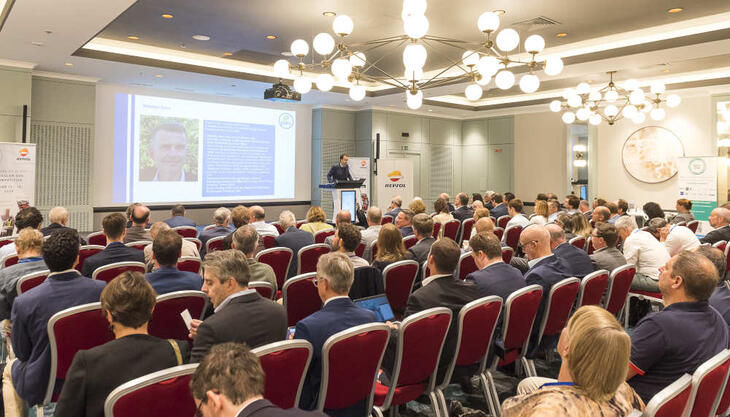EU directive to reduce bags
On 10 March, the European Parliament Environment, Public Health and Food Safety Commission approved a directive aimed at reducing consumption of disposable plastic bags. The directive had been proposed on 4 November 2013. This provision introduces a number of interesting developments for the compostable bio-plastics sector.
First of all, the text states that the measures implemented in Italy are also acceptable under the new directive, given that EU member states can continue to apply measures that represent exceptions to Article 18 of the Packaging Directive. Secondly, Europe recognizes the differences existing among member states and offers them the possibility of taking different routes to achieving the shared objectives of a 50% reduction in the use of disposable plastic bags in 3 years (from 2010) and an 80% reduction in 5 years. In the third place, the directive introduces the principle of differentiating between traditional and biodegradable/compostable plastics, given that the latter can be included in the organic fraction in source-separated waste collection systems. The directive also provides that within 5 years of enactment, all bags for fruits and vegetables must be biodegradable and compostable. Lastly, the concept is affirmed whereby if a member state decides to apply a tax - as is the case, for example, in Ireland - reusable bags cannot cost less than disposable bags, which are taxed. The idea here is to prevent circumvention of the reduction objectives, which are the fundamental purpose of the directive.
Thus the validity of the Italian paradigm is confirmed as a pilot project for the entire EU. According to data from Plastic Consult, thanks to the legislation implemented in 2011, Italy has succeeded in reducing the volume of plastic shopping bags in circulation by 50% in three years, going from some 180 thousand tons in 2010 to just over 90 thousand in 2013. Polieco, the national consortium for the recycling of post-consumer polyethylene products, has applauded the EU effort to promote the use of reusable bags in Europe in place of disposable bags by means of specially designed regulations.
"We are very glad to see provisions that acknowledge the important contribution that biodegradable and compostable plastic bags can make to enhanced biowaste collection across the EU. Biodegradable bags that are EN13432 compliant can help member states to reduce landfilling by diverting biowaste from landfill to organic recycling. We now call on the Council of the European Union to support the provisions taken up by the Parliament and recognise the value that biodegradable plastic bags offer to European society," stated the president of European Bioplastics, François de Bie.
To be fair, we should add that during a public seminar on plastic bags organized by The Greens/European Free Alliance Group on 19 February at the European Parliament, professor Richard Thomson stated that "biodegradable plastic bags are a myth". And during the same seminar, the president of Plastics Recyclers Europe (PRE), Ton Emans, added that as little as 2% degradable material in the recycling stream is creating quality problems for recyclers.


















